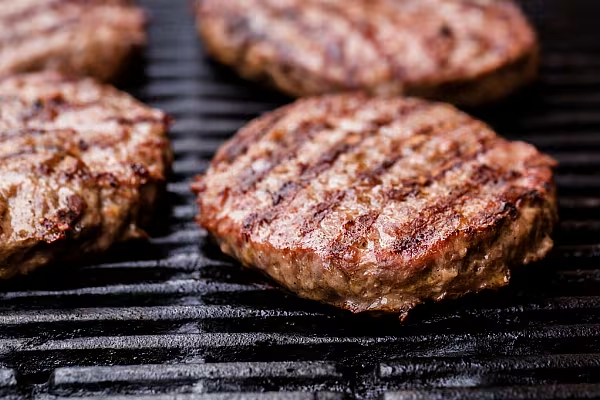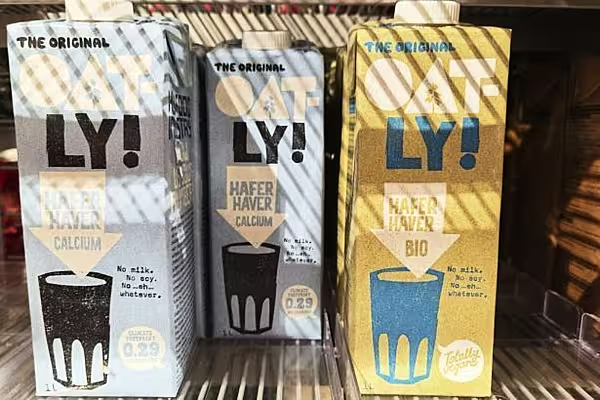Meat producer Marfrig Global Foods said it expects to achieve a 43% reduction in direct emissions from its meatpacking process and energy consumption by 2035, a company executive told Reuters.
This is the first Brazilian meat producer to join the list of nearly 1,000 members with Science Based Targets, an international initiative which helps companies to set targets to reduce greenhouse gas emissions, Marfrig said.
The move is in part a reaction to demands from investors, said sustainability chief for Marfrig, Paulo Pires.
"Overseas we see clients are more demanding," he said.
Environmental Policy
The announcement comes as Brazil's government is facing increasing criticism over its environmental policy.
The Brazilian beef industry has also found itself in the crosshairs of environmentalists, with deforested land in the Amazon usually used to raise cattle.
Earlier this year, the advocacy group Climate Observatory predicted that Brazil could produce 10-20% more climate-warming gases in 2020 due to deforestation and farming.
Indirect Emissions
Marfrig said the company also wants to reduce by 35% its indirect emissions, those coming from suppliers, by 2035.
The meat producer is promoting partnerships to encourage ranchers to use genetic improvement, increased productivity and cut slaughter time - which reduces the emissions of methane gas from cattle, among other initiatives, Pires said.
In July, the company launched a program to have 100% of the production chain free from deforestation over the next ten years. In August, the company began the first of Brazil's carbon neutral meat line - Viva.
By the end of the year, the company plans to launch a low-carbon meat, with emissions compensations coming from crop-livestock integration, Pires said.
News by Reuters, edited by ESM. Click subscribe to sign up to ESM: European Supermarket Magazine.











